US and China plunge further into a spiral of hostility
After tiptoeing toward a rapprochement, any fence-mending now has been postponed as a ‘Cold War mentality’ takes over the superpowers.
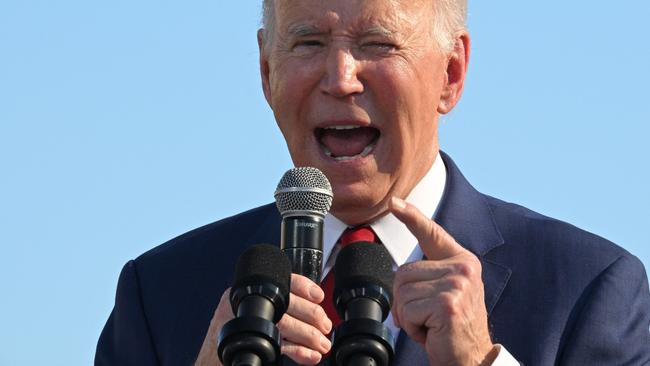
Harsh new verbal attacks on the US by Beijing’s top leadership demonstrate just how unsteady relations have become between the world’s two major powers.
Just a few weeks ago, China and the US were tiptoeing toward something akin to a diplomatic ceasefire. US President Joe Biden’s envoy was due in Beijing to craft a possible framework for high-level government-to-government dialogues and stabilise ties after years of bitterness.
Then, a suspected Chinese surveillance balloon was detected crossing North America, casting a new shadow over relations. The fence-mending trip was postponed and relations between the two powers have plunged further into a spiral of recrimination and tension.
This week, China’s leader, Xi Jinping, and his Foreign Minister accused Washington of suppressing China’s development and driving the two countries toward conflict.
“Everything the other side does is seen as negative and done with evil intention,” said Suisheng Zhao, a China foreign-policy specialist at the University of Denver. “That is the Cold War mentality.”
Mr Xi elevated the rhetorical tension on Tuesday with an accusation straight out of that bygone era, a breakdown both sides insist they don’t want. China, Mr Xi charged, faces “all-around containment, encirclement and suppression” at the hands of Western nations in league with the US.
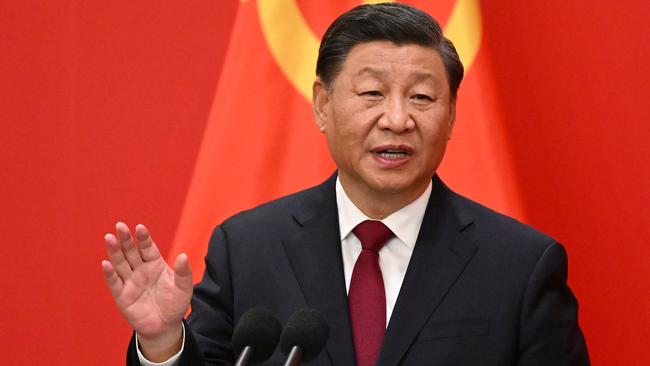
His new Foreign Minister, Qin Gang, followed up with a warning that unless the US changes course “there will surely be conflict and confrontation”. A spokesman for the National Security Council, John Kirby, when asked about the rhetoric from Beijing, said the Biden administration policy is unchanged: It seeks competition with China, not conflict.
“There is nothing about our approach to this most consequential of bilateral relationships that should lead anybody to think that we want conflict,” he said on Wednesday. “We absolutely want to keep it at that level.”
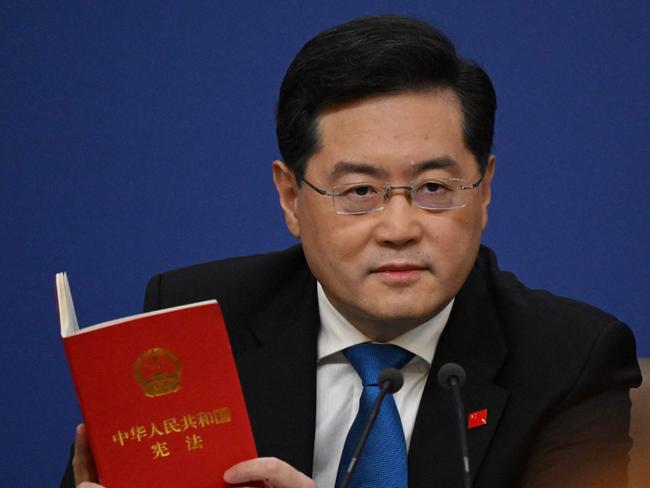
The breadth of discord in US-China ties, however, shows the difficulties in constraining tensions. The Biden administration has continued Trump-era trade tariffs, sharpened controls on exports of advanced semiconductors and rallied allies and other countries to counter China’s influence around the world.
Beijing has drawn closer to Moscow, including during its war on Ukraine, and stepped up military provocations against Taiwan, while last northern summer cutting off more of the few channels for US dialogue that had existed, including military-to-military exchanges.
US congress has added to the strains. Republican House Speaker Kevin McCarthy said he would meet with Taiwanese President Tsai Ing-wen when she travels to the US this year. Beijing wants to isolate Taiwan and Ms Tsai to force the island to unify with China. Mr. McCarthy’s predecessor, Democrat Nancy Pelosi, infuriated Beijing last northern summer by visiting Taiwan.
For years, Mr Xi has sounded ever-darker in his assessments of international relations, though until this week he usually avoided criticising the US by name. In the past, he has also warned fellow officials to be ready for unpredictable events with dire consequences, known as black swans.
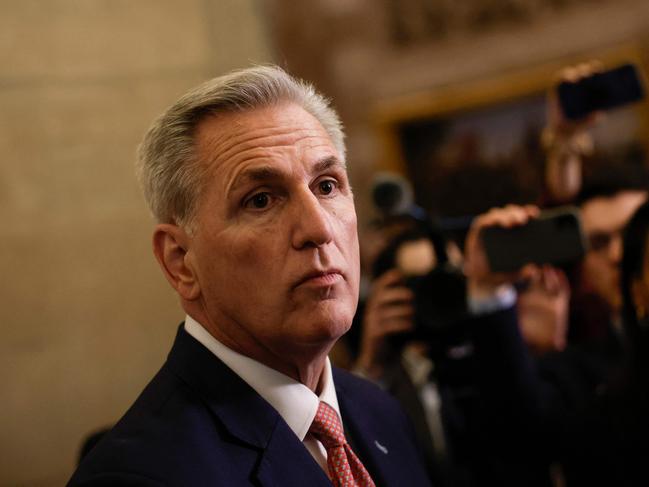
Now at the tail end of several months of domestic horse-trading in the Communist Party, Mr Xi has solidified his standing as China’s paramount leader. He is expected to emerge with a third term as President this week, months after winning the party’s nod to remain its chief – just as numerous indicators are turning negative for the country, from its political relations with Europe to its economic data.
The comments about encirclement demonstrate a Mr Xi “unchained” by the political season and echo a long tradition by Communist Party officials of positioning China as a victim, said Michael Auslin, a historian at Stanford University’s Hoover Institution. What is relevant is that China is militarily powerful today and Mr Xi seems to be saying, according to Mr Auslin, that “they have pushed us into it (but) weren’t not going to shrink from the challenge.”
In the balloon episode, the US quickly rejected China’s claim it was a harmless weather-monitoring device and blew what it said was a spycraft with a Sidewinder missile. Behind the new round of finger-wagging and pointed remarks that followed are worries on both sides that the countries remain on a trajectory toward actual future armed conflict.
After the balloon incident, the US postponed its best gambit for a detente: a visit to Beijing by US Secretary of State Antony Blinken that both sides had pitched as a critical step toward reopening communication channels that had narrowed during the Trump administration and then all but collapsed during the Covid-19 pandemic and tensions over Taiwan.
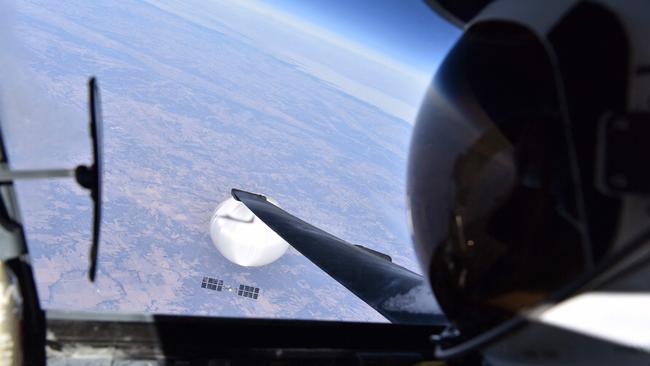
Instead, Mr Xi’s top foreign envoy, Wang Yi, toured Europe and badmouthed the US at each stop. Washington responded by rejecting a 12-point Beijing position paper calling for talks to end fighting in Ukraine as a proposition only Moscow could like. Mr Blinken also publicly warned Beijing not to fan the Ukraine conflict, saying the US had intelligence China was considering providing Russia with lethal aid, such as drones and armaments.
Much of the rhetoric from both governments appears designed for their domestic audiences.
Mr Xi delivered his suppression comments to a legislative advisory body packed with politically connected business leaders who are grappling with the worst economic outlook in 25 years, including a 5 per cent expansion in gross domestic product.
For the US, the balloon incursion showed a brazenness that demanded a tough response, and it served as a lightning rod for congressional Republicans and security hawks from both parties who want Mr Biden to take a more uncompromising stance toward Beijing.

Last week, hearings in the House took administration officials to task for a range of issues – from stiffening controls on transfers of semiconductors to Chinese companies and banning the Chinese social media app TikTok to punishing Beijing for its export of chemicals to Mexico where they are being used to make fentanyl. Next, congress is gearing up to put pressure on US corporations with investments in China.
“This is an existential struggle over what life will look like in the 21st century – and the most fundamental freedoms are at stake,” said Wisconsin Republican Michael Gallagher in opening the first hearing of a new House committee focused on US competition with the Communist Party.
The diplomatic setback makes it harder to improve US-China exchanges, such as visas for more journalists or joint cancer research, while organising a leadership summit that both countries hope for later this year becomes all the more complex. Meanwhile, nations in Asia and Europe pine for more stable US-China relations that might reduce the political risk of trading with each of the world’s two largest economies – or trying to choose between them.
When Mr Blinken postponed his planned trip over the Chinese balloon, the State Department said he told China’s top foreign policy official, Mr Wang, that he aimed to reschedule as soon as conditions allow.
Asked Monday if conditions were now conducive, State Department spokesman Ned Price said no plans have been announced for such travel. Mr Price restated the objectives for Mr Blinken’s trip in February: that both governments shared aspirations to prevent conflict and stabilise ties.
Those needs still pertain, Mr Price said.
“We still have lines of communication with our (China) counterparts,” he said. “We wish we had more and, in some ways, deeper lines of communication.”
Mr Blinken’s planned visit to Beijing was never going to accomplish much beyond a possible resumption of dialogues China cancelled Ms Pelosi’s Taiwan trip, said Mr Zhao, who recently published the book The Dragon Roars Back on Chinese foreign policy. That is because neither side was going to give on vital issues, such as Washington relaxing controls on technology exports that Beijing wants or the assurances the US is seeking from China not to threaten Taiwan.
Particularly as many senior positions are changing in Mr Xi’s administration, face-to-face talks are needed by the US to understand how various parts of the government will be run, said a former State Department official, Daniel Russel, who is now vice-president for international security and diplomacy at New York-based think tank Asia Society Policy Institute.
During a panel discussion this week, he said: “If they wait too long, events are likely to intercede.”
The Wall Street Journal
More Coverage
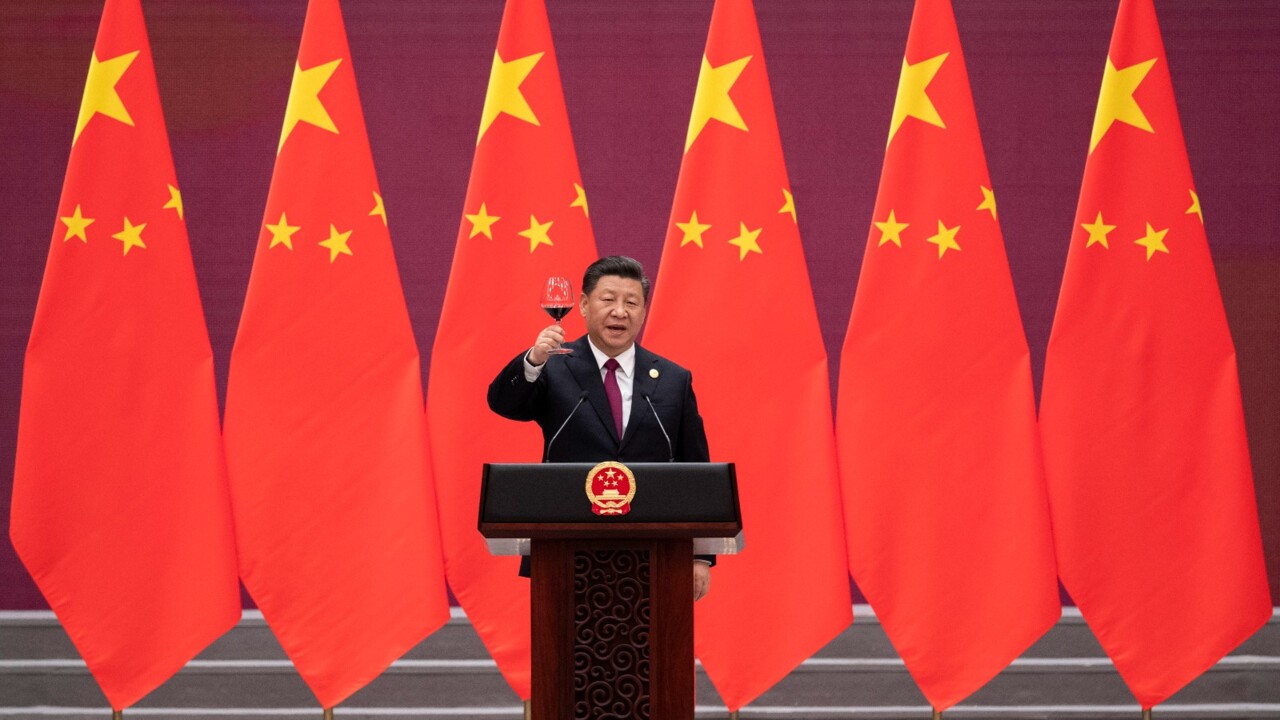

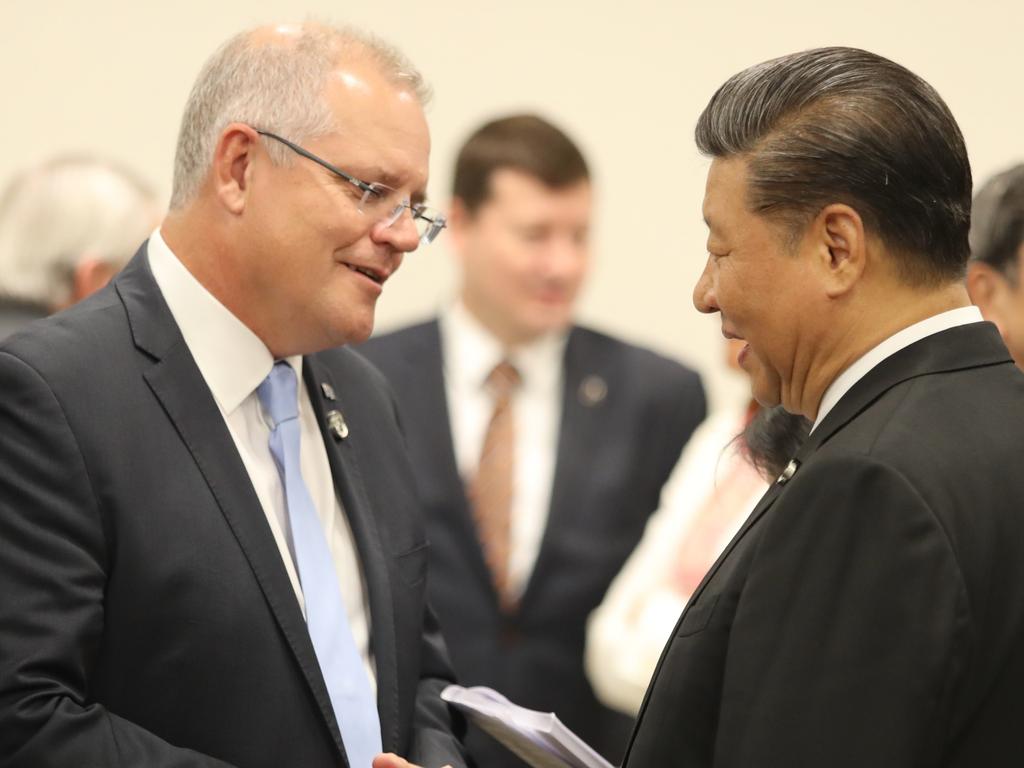
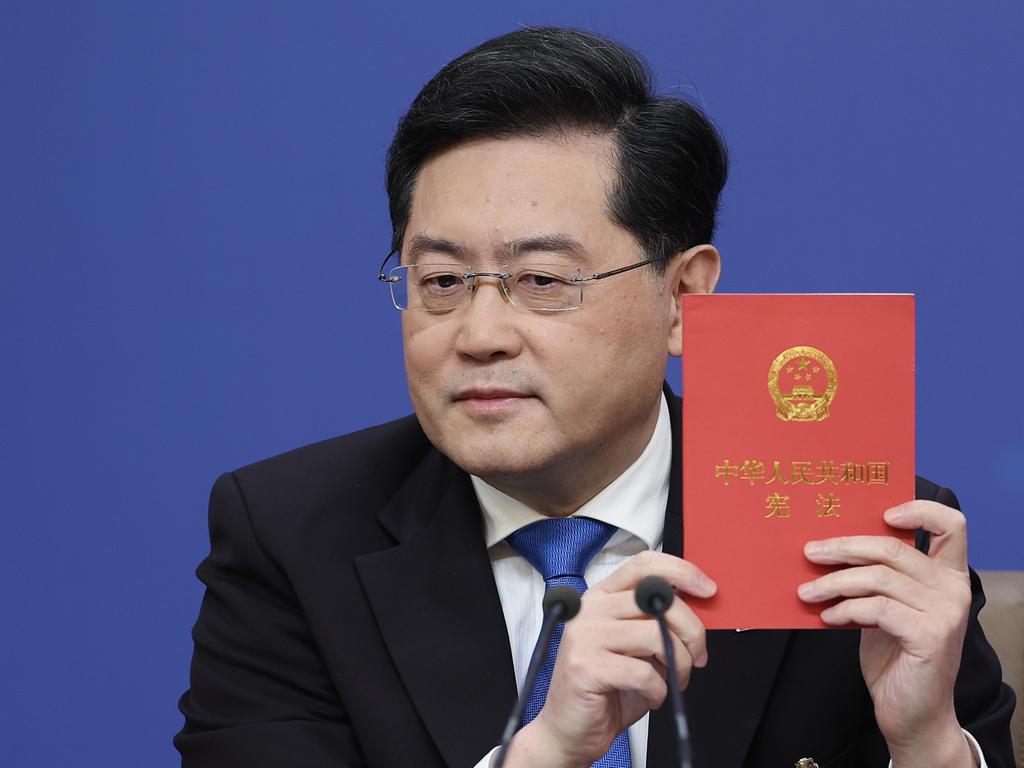
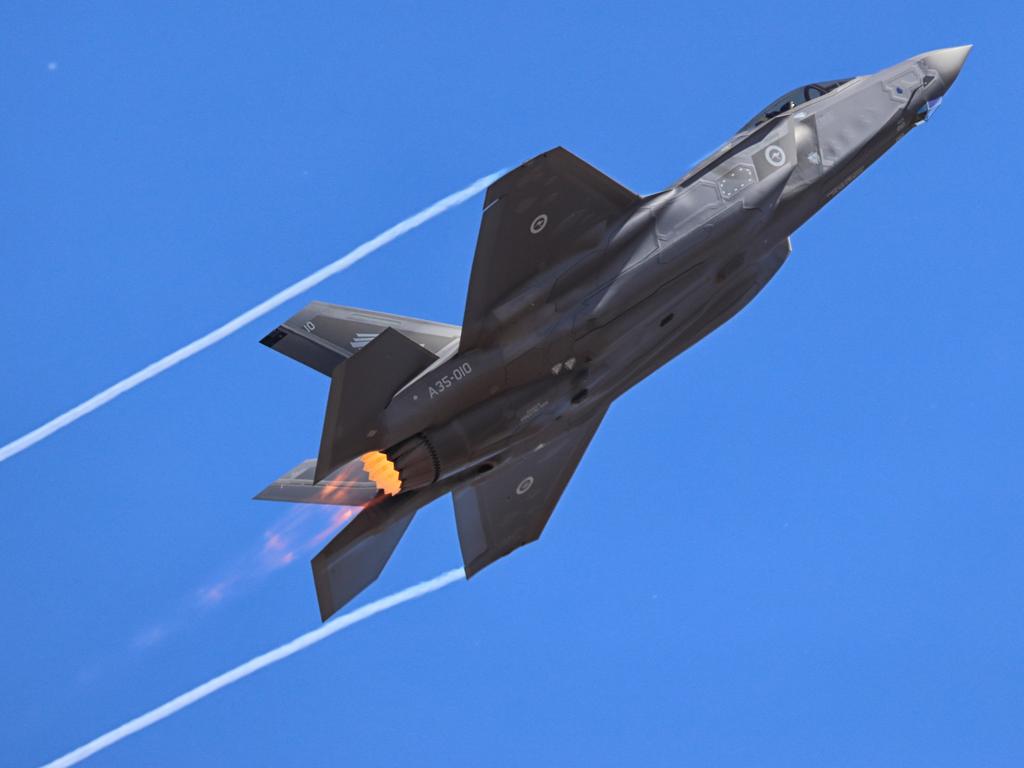

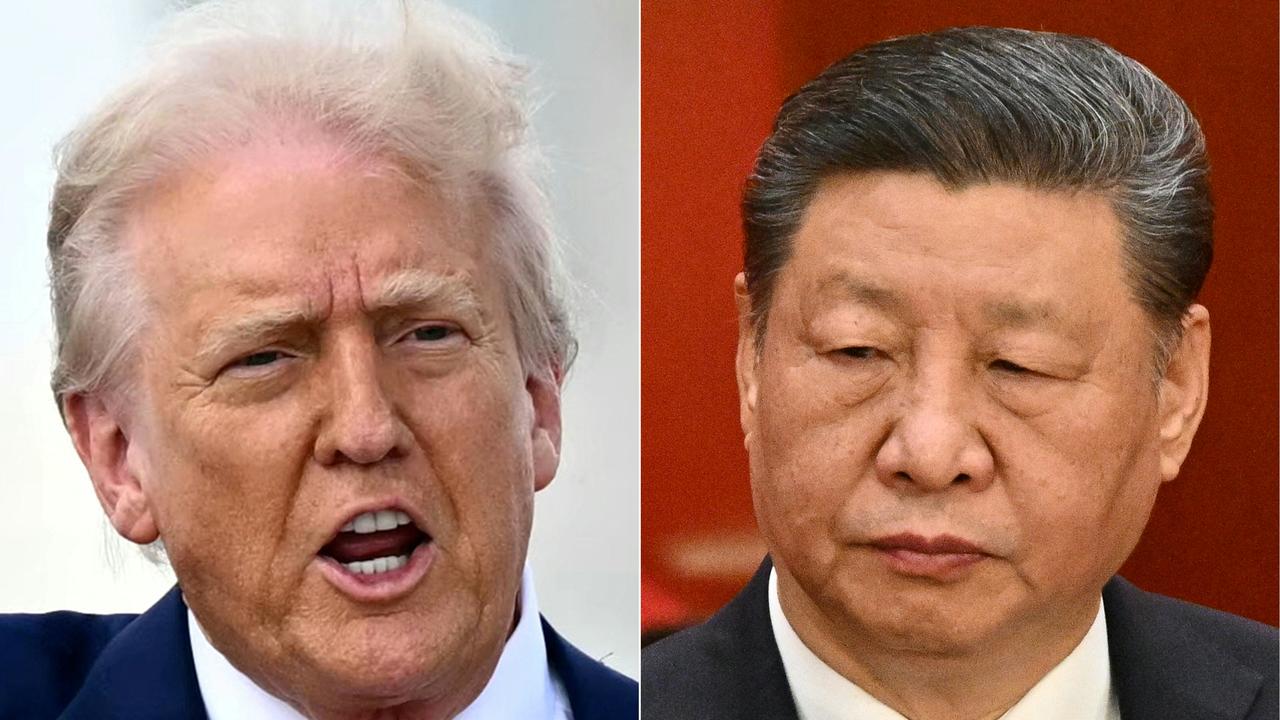

To join the conversation, please log in. Don't have an account? Register
Join the conversation, you are commenting as Logout